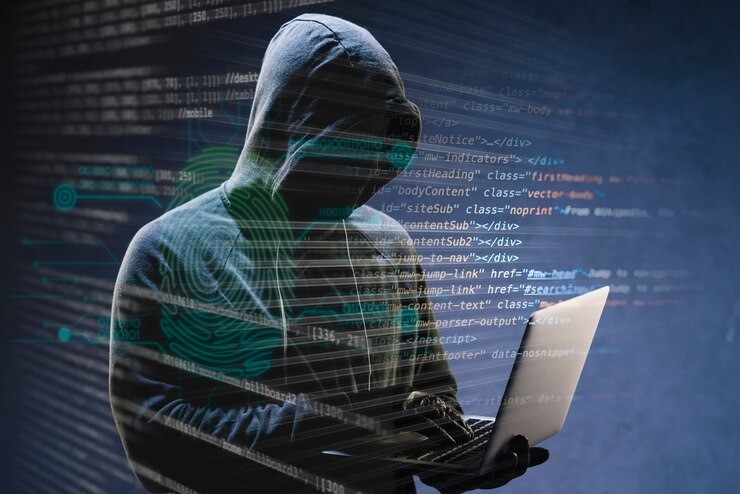
In today’s world, innovation and technology drive many changes. Businesses, schools, and even homes depend on computers and the internet. With this growth comes a big risk—cyber security threats. This blog will explore how cyber security protects personal and business data from being stolen or misused. Readers will understand the importance of cyber security and how it keeps data safe.
Understanding Cyber Security
Cyber security is the process of protecting computers, networks, and data from harm. It uses tools like firewalls and antivirus programs to stop attacks. As technology grows, hackers become more skilled. They try to steal private information, but cyber security works to stop them.
The Role of Cyber Security
Cyber security keeps personal and business information safe. Businesses store sensitive data such as customer names, addresses, and payment details. If this data falls into the wrong hands, it can cause serious problems. Cyber security systems help protect this data by blocking hackers and keeping information safe from harm.
Common Cyber Threats
Hackers use different methods to attack. Here are some common threats:
- Phishing: Fake emails trick people into sharing personal information.
- Malware: Harmful software damages or steals data.
- Ransomware: Hackers lock data and demand money to unlock it.
Cyber security uses tools to detect and stop these threats before they cause damage.
How Innovation Improves CyberSecurity
Technology is always changing. New innovations help improve cyber security. These tools make it harder for hackers to attack. One example is artificial intelligence (AI), which can quickly spot unusual activity.
AI and Machine Learning
AI and machine learning help systems learn what normal activity looks like. If something unusual happens, they alert security teams. For example, if a hacker tries to log in from a strange location, the system can block access.
Encryption and Authentication
Encryption turns data into a code that only authorized users can read. Strong authentication methods, like two-factor authentication (2FA), add an extra layer of protection. These methods ensure that only the right people can access important data.
Protecting Businesses and Individuals
Cyber security is important for both businesses and individuals. Without it, hackers can steal personal data or harm companies. The results can be costly and stressful.
Steps Businesses Can Take
- Regular Updates: Updating software ensures it has the latest security features.
- Employee Training: Workers should know how to spot phishing emails and other threats.
- Backup Data: Regular backups protect against data loss from ransomware attacks.
Tips for Individuals
- Strong Passwords: Use unique passwords for each account.
- Avoid Suspicious Links: Don’t click on links from unknown sources.
- Install Antivirus Software: Keep antivirus software updated to block threats.
FAQs
Cyber security protects computers, networks, and data from hackers and other threats. It ensures information stays safe and private.
Cyber security is important because it keeps personal and business data safe. Without it, hackers could steal sensitive information or cause harm.
Individuals can stay safe by using strong passwords, avoiding suspicious links, and installing antivirus software.
AI helps spot unusual activity and alerts security teams. It learns what normal activity looks like and detects anything out of the ordinary.
Conclusion
In a world driven by innovation and technology, cyber security plays a vital role. It protects personal and business data from threats like hackers and malware. With strong security measures, both businesses and individuals can stay safe online. Staying informed and proactive is key to keeping information secure.

